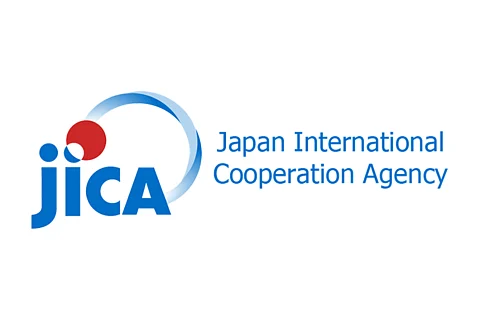JICA scheme seeks cost-efficient veggies
The Japan International Cooperation Agency, or JICA, will be improving its Food Value Chain Platform for the Philippines aimed at making vegetable businesses more cost-efficient through their first stakeholders’ meetings this week in Benguet and Quezon provinces.
In an email to Daily Tribune, the JICA said the meetings will be held on Tuesday at the Strawberry Valley Hotel & Restaurant in Benguet, and on Friday at St. Jude Cooperative Hotel and Event Center in Quezon.
The Food Value Chain Platform of MV2C TCP or KA GULAY project has been piloted in these areas to link local vegetable farmers with traders under streamlined operations.
“The platform offers business matching opportunities, particularly for institutional buyers and vegetable producers,” JICA said.
“It will demonstrate how agri-input suppliers and equipment suppliers support producers and traditional traders in boosting the vegetable industry at production sites and traditional wholesale markets,” the foreign organization added.
Benguet provides up to 80 percent of the country’s vegetable supply.
However, the Department of Science and Technology says businesses lose at least 15 percent of vegetables due to the country’s low refrigeration capacity.
The Department of Trade and Industry says food prices also rise due to logistics inefficiencies. Its data show logistics cost accounts for 24 percent to 53 percent of wholesale prices.
Expansive agricultural aid
Benguet farmers have been undergoing agricultural and business training under various Japan projects.
In June last year, Angelita Martir, Department of Agriculture’s chief of the Special Projects Coordination and Management Assistance Division, told the Daily Tribune the JICA had approved P230.3 million aid for the Market-Driven Enhancement of Vegetable Value Chain in the Philippines project.
She said the project aims to develop an “inclusive business model” that will allow farmers to sell their vegetables to markets directly.
She added officials will determine the parts of the supply value chain where most of the profit is received or lost to ensure fair incomes to farmers and other stakeholders.
Implementation of the project is expected to run until 2026.
An P83.3 million funding was also secured by the Philippine government from Japan Agricultural Exchange Council for the Safe Vegetable Production Technology Dissemination and Vegetable Distribution System Improvement Project.
This involves the distribution of organic fertilizers to ensure the soil remains healthy and uncontaminated, and the vegetables safer to eat as these are grown chemical-free.
The project also provides plastic crates to local farmers in place of plastic bags so their vegetables remain blemish-free and more sellable to consumers. It will be implemented until June this year.


